
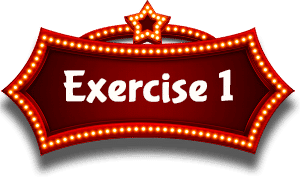
Video: 3 min / Exercise: 10 min
Click play to preview the keynote associated with these review exercises!
A view of the future
Most people have great difficulty planning for the future, because the present is so vivid and captivating. This is true, even when the future consequences can be devestating. Most of us have difficulty saving money or losing weight, for example, because the temptation of indulging in enjoyment now, blinds us to the long-term consequences of our mistakes. Psychologists say that is normal and natural. Can you think of a time in your life when you made a short-term decision that had long-term consequences down the road?
Sometimes a small mistake today, can have BIG consequences tomorrow. Decisions about drug use always fall into this category, and it's now clear that Vaping can have long-term consequences that vastly outweigh any temporary benefit. View the video to learn more...
After watching the video...
At the moment of her fall, Heather was in a group of very fast runners. Her fall then gave those same fast runners a huge lead; yet Heather was somehow able to catch them in under 30 seconds. This outcome seems improbable, if not impossible.
Strangely, life is full of 'against-all-odds' victories like this. It seems clear that the most challenging times, have a habit of revealing the most powerful version of ourselves. Do you think Heather could have run that fast if she hadn't of fallen? How did the fall affect her?
Read the first info-box. Watch the video. Answer the two questions in the second info-box.
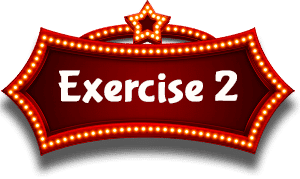
Video: 4 min / Exercise: 20 min
A view of the past...
When the future is uncertain, it always helps to look at the past. Vaping is perhaps the newest method of recreational nicotine use, but it is not Big Tobacco's first product. In fact, Team Nicotine has a long history of mislabeling new nicotine products as harm-reduction methods or "healthier" versions of nicotine delivery.
Most of these "harm-reduction products" have proven to have catestrophic health consequences for users who believed the marketing. Most teens and young adults say that they are unaware of this practice, and are unfamiliar with the history of Big Tobacco's techniques. Sadly, it now seems clear that those who use vaping products believing they are harmless, are in the process of repeating this terrible past. See the video for an explanation.
After watching the video...
The vast majority of people who vape today, never smoked cigarettes. And many of those who start vaping while young, end up smoking cigarettes shortly thereafter.
Still, there are some who feel that Vaping may offer a less harmful option for those who are addicted to cigarettes. It will be many decades before this can be concluded with confidence. Today, experts believe that there are clear health risks associated with vaping, and that there are far-healthier options available for those who are addicted to cigarettes. Rather than vaping, can you think of any better options for those who are addicted to cigarettes?
Read the first info-box. Answer the two questions in that box. Watch the video. Then read the second info-box and answer those two questions.
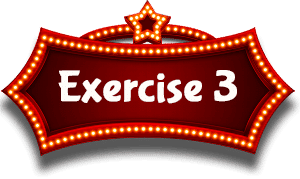
Video: 4 min / Exercise: 15 min
A gateway to addiction.
Nicotine is one of the most addictive substances ever studied. Evidence suggests it is even more addictive when vaped; with some users claiming to experience withdrawal symptoms
After watching the video...
The video discusses a simple way of managing some of the emotional "weight" impacting your day or moment. It involves making a quick written list of what's troubling you at any given time. You then process each item on your list and physically cross off every one that doesn't have to be dealt with right now.
Normally, we make "to-do" lists to ensure that we don't forget about the essential tasks in our day. But in this case, we are reversing that. We're giving ourselves permission to temporarily forget the unecessary toxic thoughts weighing us down. This takes the weight off, and allows us to focus on success.
Exercise: Make a private list of all the things that might be weighing you down. Slowly cross off each item that you don't need to worry about right now. Forget about it. Did you notice a difference in how you felt?
Read the first info-box. Watch the video. Answer the two questions in the second info-box.
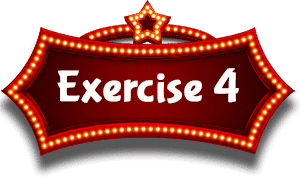
Research: 10 min / Reflection Question: 10 min
Why is Resiliency Imortant in Your Life?
Resiliency is an attribute that has been studied and correlated to many different measurements of success. In fact, resiliency is a better predictor of success than is talent! Resiliency predicts college graduation rates, for example, more reliably than does GPA or SAT scores. It has also been found to predict athletic success, business success and to predict the stability of marital relationships more accurately than traditional methods. Most importantly, people who are highly-resilient consistently express higher levels of confidence, mental health, happiness and life-satisfaction.
Can resiliency be measured?
Yes! Experts have developed resiliency measurement tools that can effectively evaluate an individual's disposition. These surveys have been found to reliably predict a person's response to stress, and to represent how effective they are at managing their difficult times in healthy ways. Try the resiliency scale that's referenced on the right of this box.
And remember! Experts agree that resiliency is absolutely a learned attribute. It can be practiced and developed like any skill.
Read both info-boxes. Read the "Independent Research" block. Complete the "Grit Scale" and reflection question below.
Independent Research
Angela Duckworth, Phd is a Harvard educated psychologist who has studied resiliency for decades. She has consulted with the NBA, the NFL and numerous Fortune 500 companies. She is responsible for pioneering research on resiliency, and for helping millions of kids and adults understand more about resiliency in their own lives. She has authored numerous books on the subject and has created an online "Grit Scale" to help people like us quickly evaluate the strength of our own resilient attributes.
After reading the info-boxes on the right, click here and take the anonymous resiliency measurement tool that Dr. Duckworth has provided us. The results are for you only.
After getting your results, describe some ways in which you might try to improve your resiliency score.
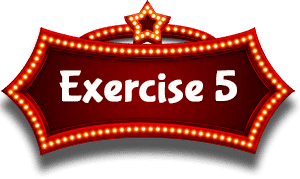
Video: 4 min / Exercise: 15 min
The Power of Perspective
Have you noticed that famous paintings, people and places look very different from different angles? This is called perspective. Photographers and movie producers believe that small changes in perspective can either make or break a shot.
The same is true for resiliency. A very small change in perspective may make a huge difference in the way you view your struggles.
Research shows that people with resiliency view themselves, and their challenges, much differently than do those without resiliency. This video offers some insight into how one simple change in perspective may make a world of difference.
After watching the video...
How you view yourself in relation to your challenges is more important than the challenges themselves. With the right perspective, even your injuries and failures make you stronger. They prepare you for future successes and help you maintain happiness when times are tough. Building resiliency doesn't mean that you have to start over, it means you just have to see your past differently.
Can you think of a time in your life when a difficult struggle, loss, or failure prepared you for a later success?
Read the first info-box. Watch the video. Answer the question in the second info-box.
BULLY PREVENTION
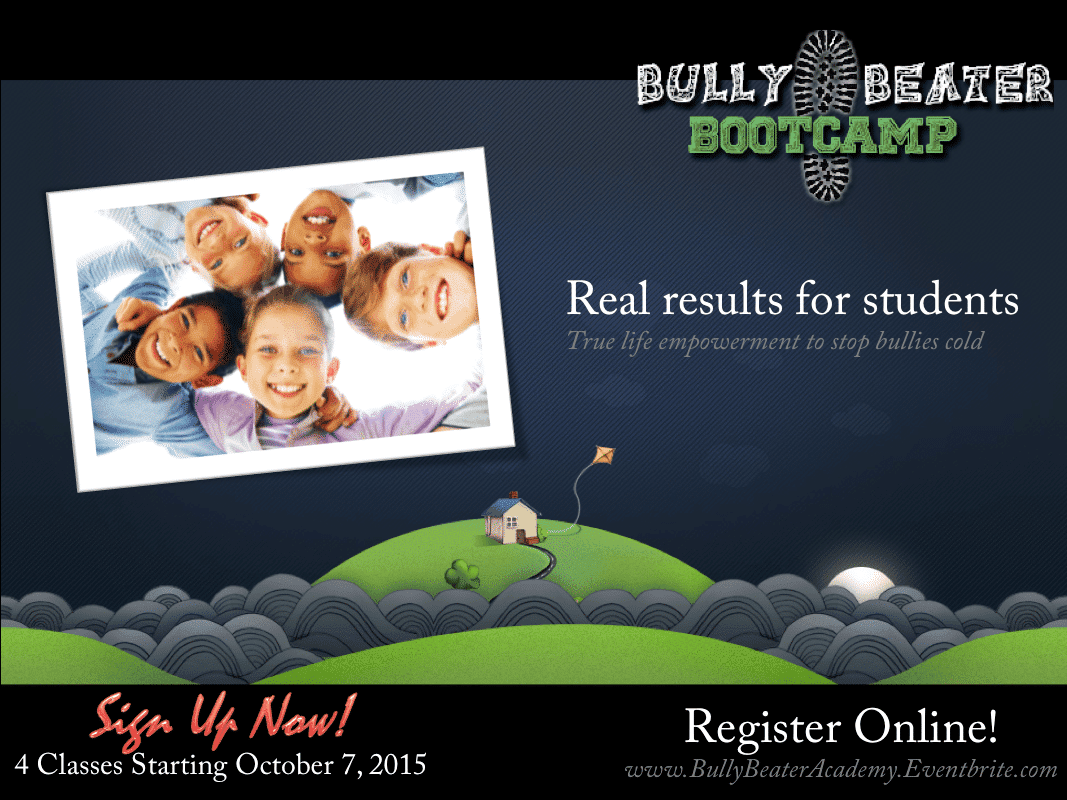
Formats: Live / On-Demand
Ages: 10 - Adult
Additional Parent Program: YES
Description
This fully scripted program comes complete with five weekly exercises, videos, lesson plans, team building activities and educational elements designed to help parents protect their children from bullying.
Help your parent's stop bullying where it hurts most; their own kids.

